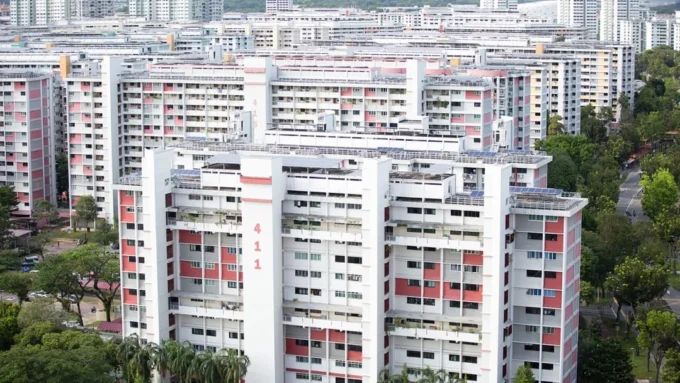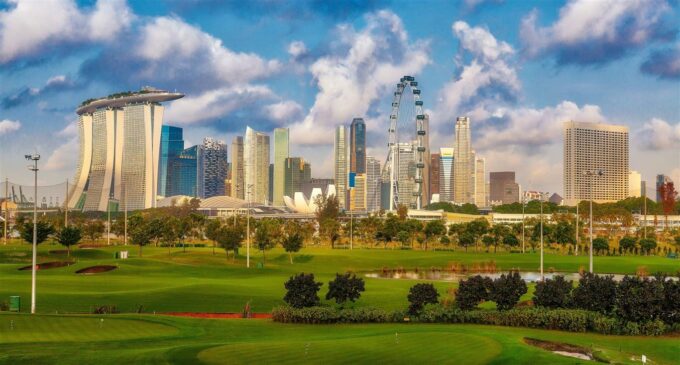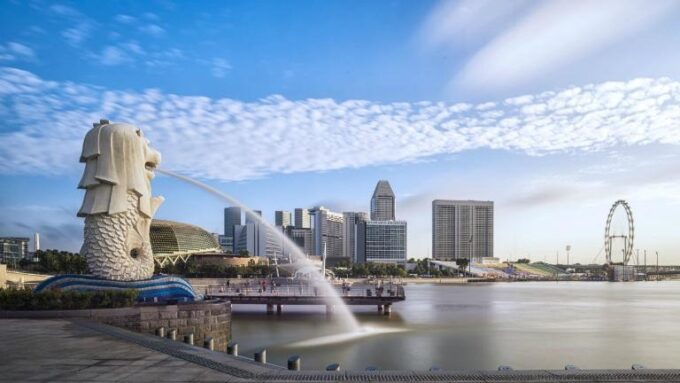Singapore’s property market has always been a topic of debate, with aspiring homeowners and expatriates often asking: is it better to buy or rent?
The answer depends on factors such as long-term financial goals, lifestyle preferences, and market conditions.
With properties ranging from HDB flats to luxury condominiums like Elta, making an informed decision requires careful analysis.
Financial Considerations

One of the biggest factors influencing the choice between buying and renting is cost.
Property prices in Singapore are among the highest in the world, and a typical private condominium can easily cost over a million dollars.
While renting eliminates the burden of hefty down payments, buying allows for long-term wealth accumulation.
Buying Costs:
- Down Payment – A minimum of 5-25% (depending on loan eligibility and citizenship status).
- Additional Buyer’s Stamp Duty (ABSD) – Foreigners and second-time buyers pay additional taxes.
- Loan Repayments – Monthly mortgage payments, which vary based on loan tenure and interest rates.
- Maintenance Fees – Varies based on the type of property, with condos requiring additional upkeep.
Renting Costs:
- Security Deposit – Usually one to two months’ rent.
- Monthly Rental – Prices fluctuate depending on location and property type.
- No Long-Term Investment – Monthly payments do not contribute toward property ownership.
Market Trends and Investment Potential

Source: expat-quotes.com
Singapore’s real estate market has demonstrated consistent appreciation over the years, making property ownership a reliable long-term investment. The government maintains strict regulations to prevent speculation and excessive market fluctuations, ensuring stability even during economic downturns.
Measures such as cooling policies, stamp duties, and loan restrictions are designed to keep property prices from escalating too rapidly while protecting buyers from risky investments.
Demand for housing remains strong due to the city-state’s reputation as a global business hub. Singapore attracts multinational companies, high-net-worth individuals, and expatriates, all of whom contribute to a healthy rental market.
Properties in prime districts, such as Orchard, Marina Bay, and the Central Business District, continue to see high occupancy rates, while emerging neighborhoods offer opportunities for investors seeking lower entry costs.
For those purchasing property as an investment, rental income serves as a major incentive. Condominiums, particularly those near business districts, educational institutions, and transport hubs, tend to attract expatriates and working professionals willing to pay premium rates. Locations with ongoing infrastructure projects and urban development plans also show strong potential for appreciation.
Lifestyle and Flexibility

Source: propertyguru.com.my
Buying a home provides stability, customization freedom, and potential capital appreciation. However, renting offers greater flexibility, particularly for expatriates or individuals uncertain about their long-term plans.
When Buying Makes Sense:
- Long-term residence (at least 5-10 years).
- Preference for a stable housing environment.
- Ability to afford down payments and ongoing maintenance costs.
When Renting Is More Practical:
- Short-term stay (less than 5 years).
- Need for flexibility in case of job relocation.
- Avoidance of large financial commitments.
The Bottom Line
Both buying and renting have their advantages in Singapore’s property market. Buyers benefit from investment opportunities and stability, while renters enjoy flexibility and lower initial costs.
The decision ultimately depends on personal financial situations and lifestyle priorities. Analyzing current market trends and individual needs will help determine the best choice.



